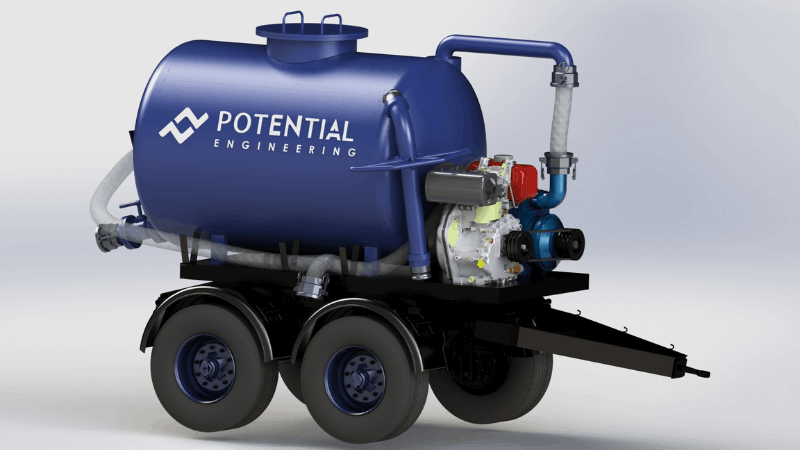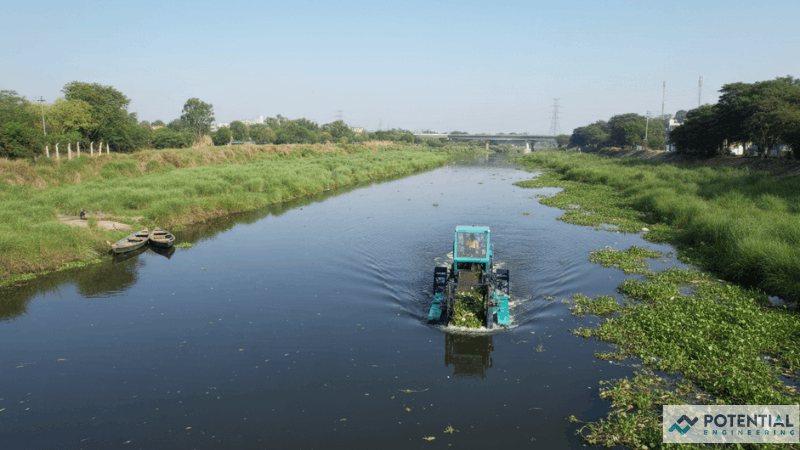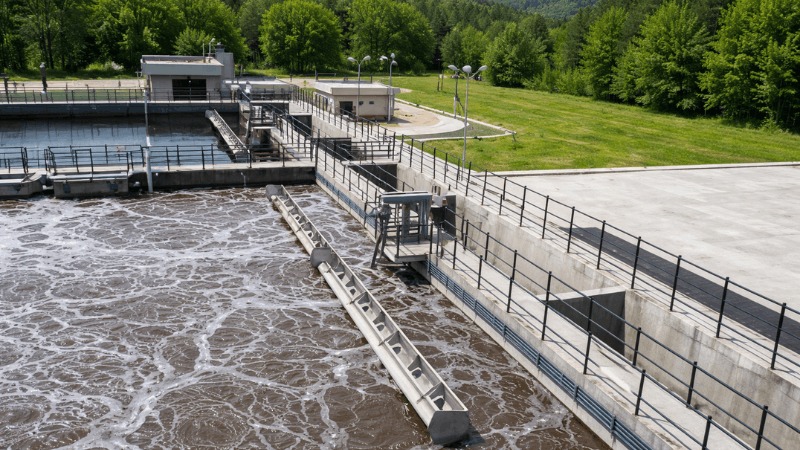What Are The Effects of Ocean Pollution, How to Prevent it?
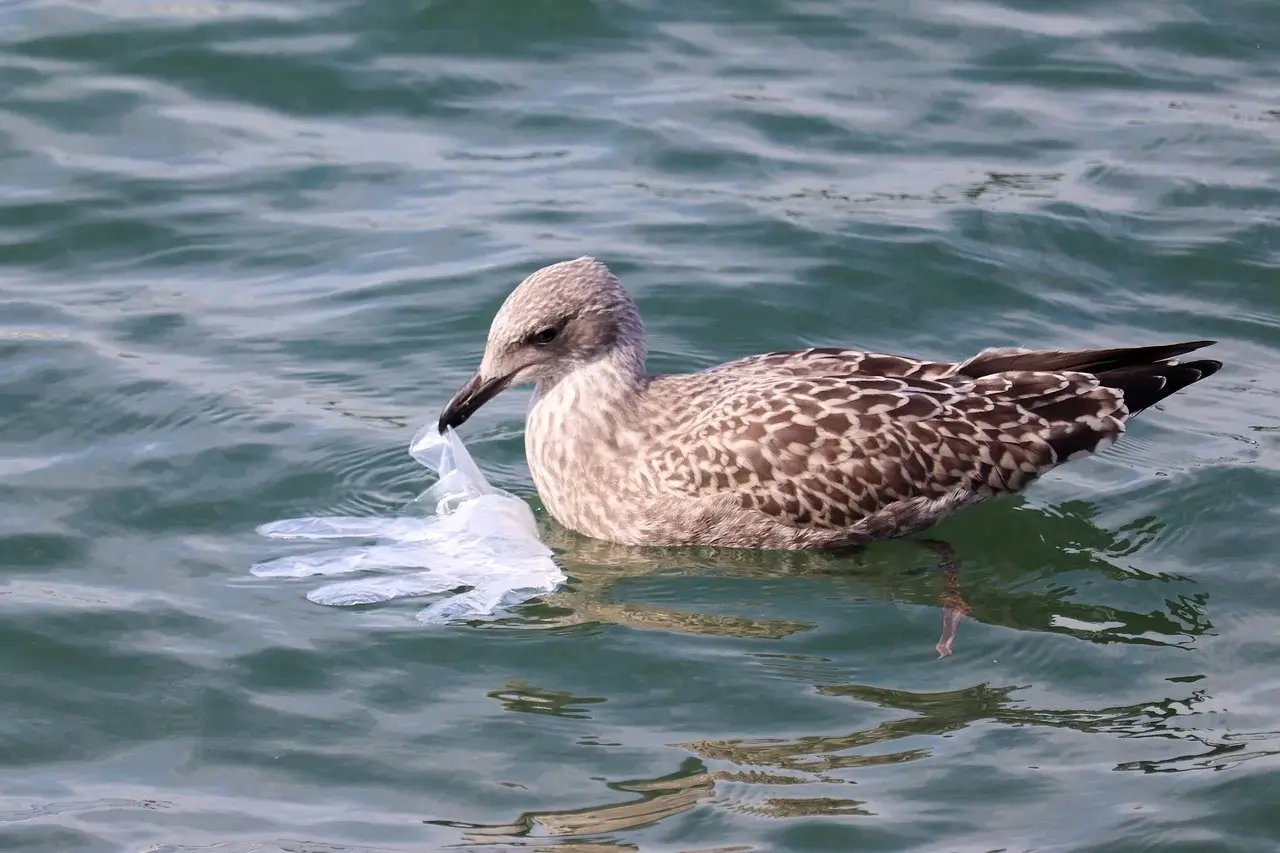
Ocean plastic pollution can have dire consequences on our environment and our lives. Tons of plastic waste is generated and dumped into the ocean each year. Remember, unlike organic waste, plastic can take hundreds of years to decompose. Over these hundred years before decomposing, plastic adversely affect our environment in more than one way.
Who Gets Affected And How?
-
-
- 1. Marine Life: Marine species worldwide suffer from the entanglement and ingestion of plastic debris. Plastic debris that pollutes the marine environment is often ingested by marine birds, mammals, turtles, and fish. The ingestion of plastics primarily occurs when it is mistaken for food. From plankton and shellfish to birds, turtles, and mammals, all face the grave risk of toxification, starvation, and suffocation. Corals, mangroves, and seagrass beds are also suffocated by plastic waste that prevents them from receiving oxygen and light.
-
-
-
- 2. World Economy: The adverse effect on marine life threatens the fishing industry. Whereas polluted beaches affect tourism. Consequently, affecting the economy.
-
-
-
- 3. Mankind: The human body is equally vulnerable to plastic pollution in multiple ways. Plastic can be ingested through seafood, drinks, or even common salt. Consumption of plastic can affect hormones, growth & development, leading to reproduction abnormalities and life-threatening diseases.
-
-
-
-
- 4. Microplastic:The ultraviolet light emitted by the sun degrades plastic into ‘microplastics’. These microplastics (less than 2 mm in diameter) are impossible to recover. They have entered the
-
Prevention and Recovery of Plastic Pollution is a Daunting Challenge
The major contributor to ocean plastic pollution is the frequent inappropriate waste management practices and irresponsible human behavior. It leads to the release of large masses of plastic into the environment which directly or indirectly enters the ocean. Municipal plastic waste, commercial plastic waste, industrial plastic waste, and plastic waste from ships are some of the major contributors to ocean plastic pollution.
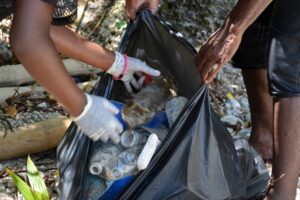
-
-
-
-
-
Preventing plastic waste from entering the water bodies is one of the key focus areas of authorities the world over. Sometimes, a floating trash removal system is deployed in ponds, lakes, and other water bodies. Effective waste management systems are devised, and at the same time, strict laws are enforced banning the use of single-use plastic. To curb plastic waste, authorities encourage reduced production, less consumption, and waste segregation at the source. Regular beach clean-up drives and awareness programs are organized at schools, local and international levels.
Industries, research institutes, and organizations are striving hard to develop alternatives to plastic, recover plastic from the ocean, and safeguard marine life to preserve our most precious resource – water.
Plastic waste is adding up in our oceans each day. A shift to a circular approach is necessary, focusing on sustainable consumption and production practices, accelerated development and adoption of alternatives by businesses, and increased consumer awareness to enable more responsible choices.
Plastic is everywhere. Most of the produced plastics are buoyant, which gives them the ability to float and thereby travel on ocean currents to any place in the world. Degradation of plastic is almost impossible hence; it is here to stay.
Haphazard use of plastic has led to the contamination of our precious natural resources. If we don’t act now, we may see piles of plastic waste around us and some microplastics within us.
Think about it!
Frequently Asked Questions(FAQs)
Q1.How effective are oil skimmers in removing oil from water?
A. Oil skimmers are highly effective in removing oil from water. They use various methods such as floating belts, discs, or tubes to attract and separate oil from water surfaces. This process is efficient, cost-effective, and environmentally friendly, making oil skimmers a popular choice for oil spill cleanup, wastewater treatment, and industrial applications.
Q2. What are the benefits of using oil water separators?
A. Oil-water separators provide environmental compliance by preventing oil and grease discharge into waterways, leading to cost savings, pollution prevention, improved equipment functionality, and sustainable practices.
Q3. What are the key features to consider when selecting oil spill response equipment?
A. When selecting oil spill response equipment, it’s essential to consider features such as capacity, mobility, versatility, and its environmental impact to ensure effective response measures.
test


